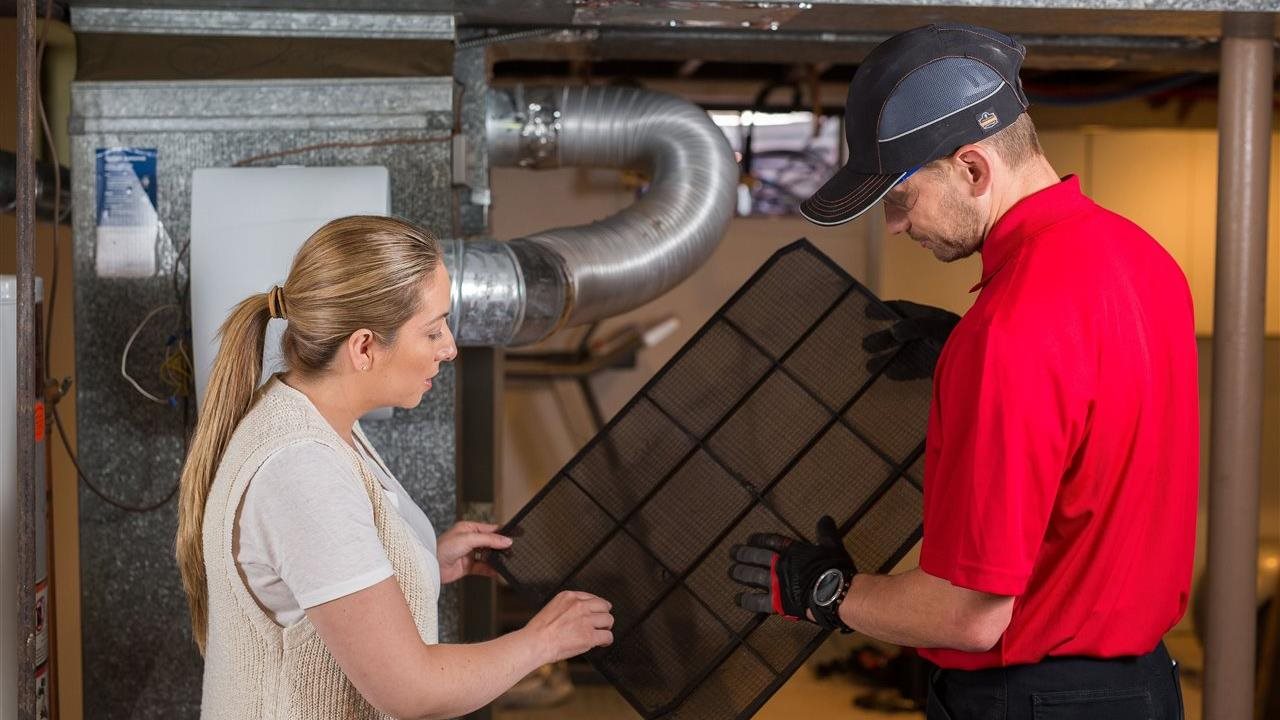Fall is here, which means, like it or not, cold weather is just around the corner. While most of us would prefer not to think about turning on our heat just yet, this is actually the best time to check your heating to ensure everything is operating as it should. Neglecting to winterize your home and letting small issues pile up can have big repercussions. Ahead of the winter season, make sure you’re aware of three major things that may go wrong if you don’t winterize your house or neglect your heating system.
- Your utility bills may skyrocket. Utility bills often jump up in the winter due to the increased hours of darkness and the cost to heat your home. But if your heater is on the fritz or your filters are clogged, you could be in for an even bigger surprise. Dirty filters cause your furnace to work harder, which leads to inefficiency and a shortened lifespan for your heating system. Replacing filters is often an easy task for homeowners. A yearly tune-up is an inexpensive way to help prevent a costly system breakdown in the coming months. Also, keep in mind that some warranties require annual tune-ups, so don’t let your warranty go invalid by skipping this year’s tune-up.
- The threat of carbon monoxide is very real. Do you know how old your furnace is? Do you know how long it’s been since a professional checked it over? Carbon monoxide poses a health threat when the heating system flue, vent or chimney becomes blocked from debris or other material. During a heating system tune-up, a professional service technician can check to make sure all your vents are not blocked and are working properly. Drains and traps also need to be checked and combustion gases should be analyzed and compared to the specifications of your furnace or boiler to make sure everything is running safely. Installing a carbon monoxide detector in your home is another smart way to help with early detection.
- Water pipes can burst. It’s not just your heating system that needs to be winterized. All too often it happens – we wake up to realize our pipes are frozen, or even worse, leaking. Before the cold sets in, make sure outside hoses are put away and water is turned off. Evaluate which pipes are at the greatest risk for freezing during cold weather. For example, if your water pipes come up from an un-insulated crawl space, or if they are in or close to an uninsulated outside wall or vent, they are more likely to freeze and burst in low temperatures. Inside pipes should be covered in insulation to keep pipes warmer longer. Pipe insulation is easy to apply and available at most hardware stores and home centers.
By having an annual tune-up in the fall, you can catch small issues now, instead of experiencing bigger problems in the dead of winter. A tune-up with a reputable local company can also save energy, reduce heating costs and prevent a system breakdown in the coming months.

